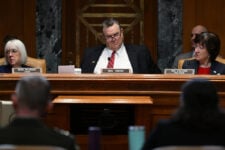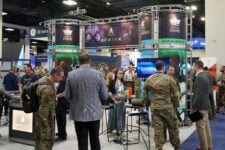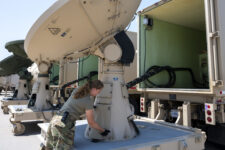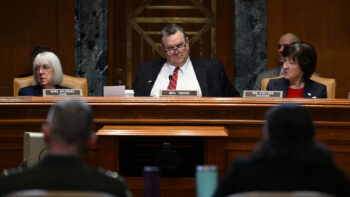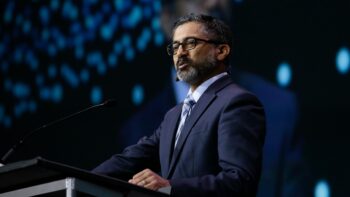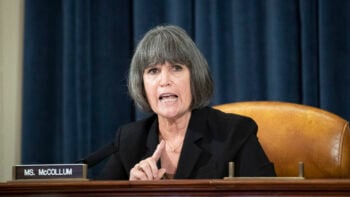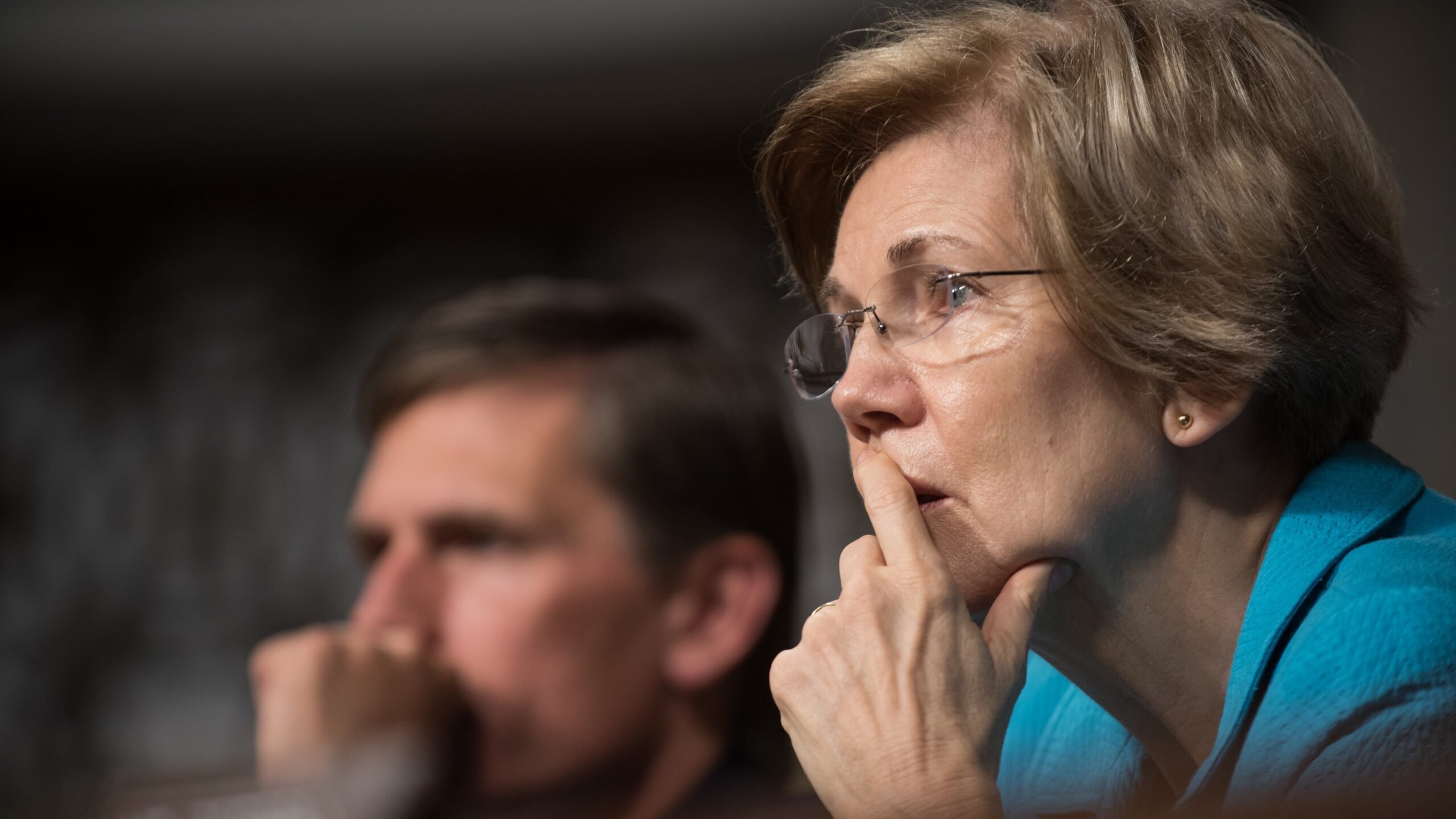
Sen. Elizabeth Warren listens to testimony by U.S. Air Force Gen. Paul J. Selva, Vice Chairman of the Joint Chiefs of Staff, during a Senate Armed Services Committee hearing on Capitol Hill in Washington, July 18, 2017. (DoD Photo by U.S. Army Sgt. James K. McCann)
WASHINGTON — The Pentagon’s new independent weapons tester has agreed to ethics restrictions that for two years will prohibit him from being employed by defense contractors whose weapons he is responsible for evaluating, according to a letter obtained by Breaking Defense.
Douglas Schmidt, who was confirmed as the Defense Department’s director of operational test and evaluation on Feb. 29, pledged in the letter that same day to abide by a number of additional ethics commitments sought by Sen. Elizabeth Warren to prevent so-called “revolving door” issues, where former Pentagon officials jump to well-paid defense industry jobs.
The director of operational test and evaluation (DOT&E) is one of the department’s top oversight positions, responsible for conducting independent evaluations of major weapon systems that highlight critical safety risks and technological flaws.
In a letter to Warren, Schmidt pledged to abstain from direct employment “for any company involved in a matter that was pending under my responsibility,” including as a board member, for two years following his departure from government.
Warren, a Massachusetts Democrat who sits on the Senate Armed Services Committee, has been an outspoken critic of the Pentagon’s close ties with the defense industry, commissioning a report in 2023 that found nearly 700 “revolving door”-type instances where former high-level Defense Department officials were working at the top 20 defense firms. She previously secured additional ethics commitments from Gen. CQ Brown, now chairman of the Joint Chiefs of Staff, after his nomination.
While director of DOT&E, Schmidt wrote that he would also recuse himself from matters relating to any former employers or clients in the defense industry — extending that recusal period from two to four years. Schmidt had, for example, in the past been enlisted by law firms as an expert witness for clients like Lockheed Martin Sikorsky and for artificial intelligence firm C3 AI, ethics documents say.
Schmidt’s letter also says that he pledges to not serve as an expert witness after his Pentagon posting for any firm who’s programs fall under DOT&E evaluation.
Prior to his position at DOT&E, Schmidt was a computer science professor at Vanderbilt University and one of the founders of the university’s Data Science Institute. He was also a member of the Air Force Scientific Advisory Board from 2010 to 2014, and previously worked at DARPA as a program manager.
“I share your commitment to maintaining the public’s trust in the Department of Defense. If confirmed, I will always place the good of our country, the reputation of the Department, and the men and women in uniform above all other interests,” Schmidt said in the letter to Warren.
Warren has been critical of DOT&E in the past. In 2021, the testing office released two separate versions of its annual report for the first time: a heavily redacted public version and a version containing “controlled unclassified information” that was only available to Defense Department personnel and Congress.
DOT&E acknowledged it cut information on 22 programs in the public version, including details on the performance and survivability of key systems that had been made available in previous reports, due to concerns that some information — while unclassified — was still too sensitive to be allowed to wind up in adversaries’ hands.
Congress sharply rebuked the move, with lawmakers such as Warren accusing the Pentagon of seeking to water down the report in an attempt to keep information about technology flaws and safety concerns out of view of taxpayers.
In 2023, DOT&E reversed course and suspended the publication of the CUI report, stating that putting out a single public version “complies with both the spirit and letter of the legislation governing the Annual Report.”
During a Jan. 23 confirmation hearing, Warren raised concerns that the Pentagon had used the CUI designation as an excuse to keep information from the public.
Schmidt responded that, under his leadership, the DOT&E report will disclose information on weapons programs “to the maximum extent possible.”
Key Senate appropriators signal push for higher FY25 defense topline
Jon Tester, the Montana Democrat who chairs the subcommittee, and Susan Collins, the ranking Republican from Maine, stated that they are in lockstep that the military needs more money, despite a budget cap imposed by the Fiscal Responsibility Act.
